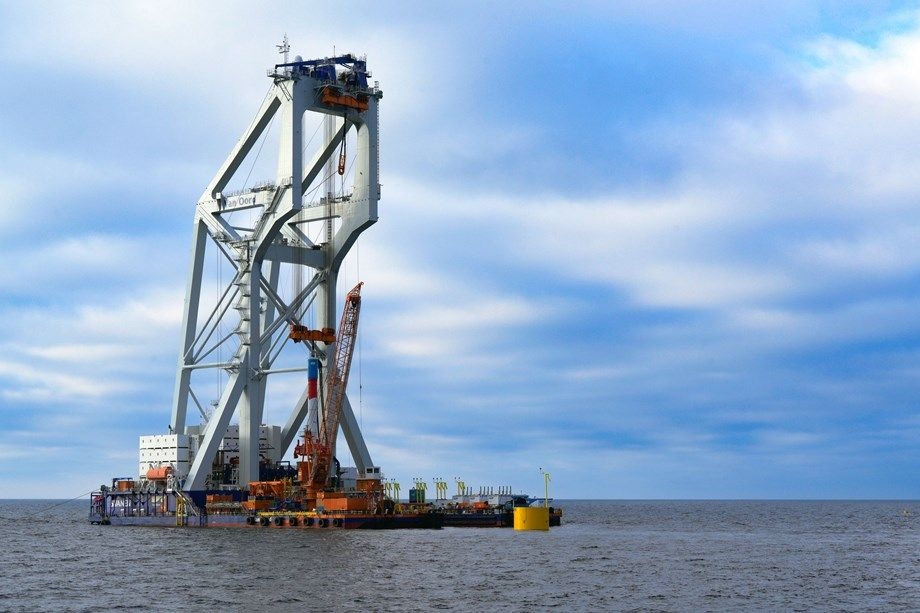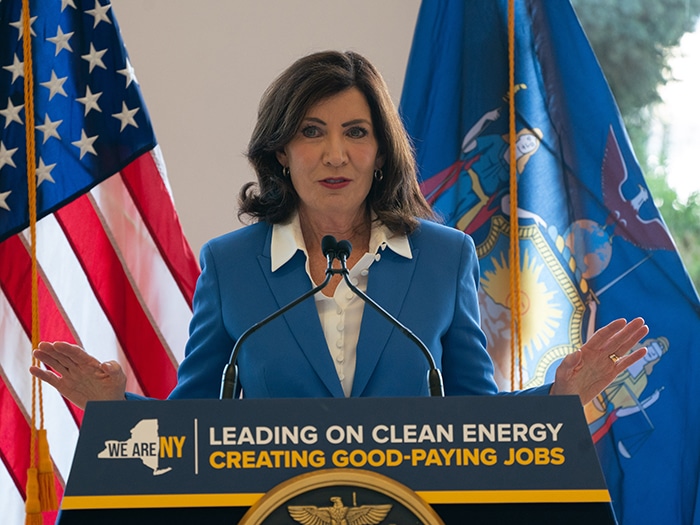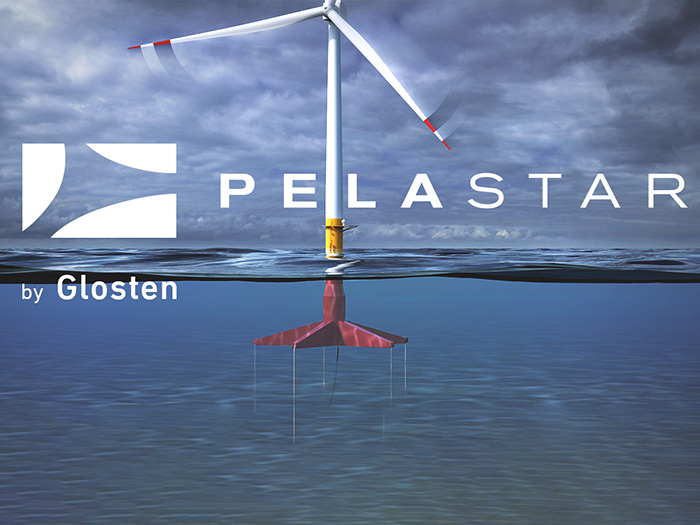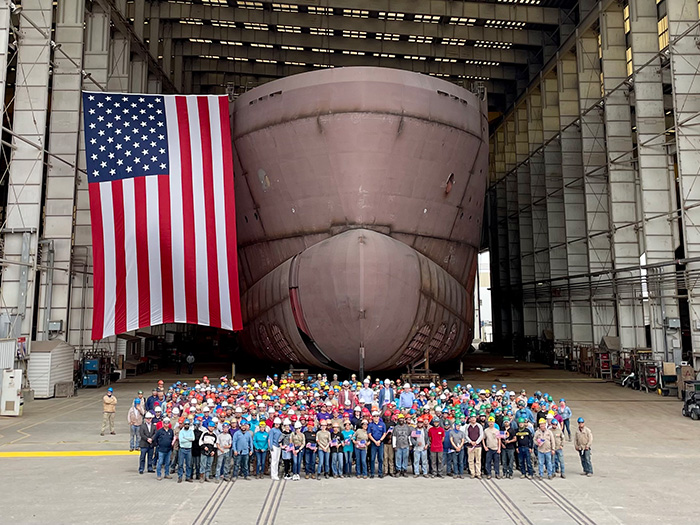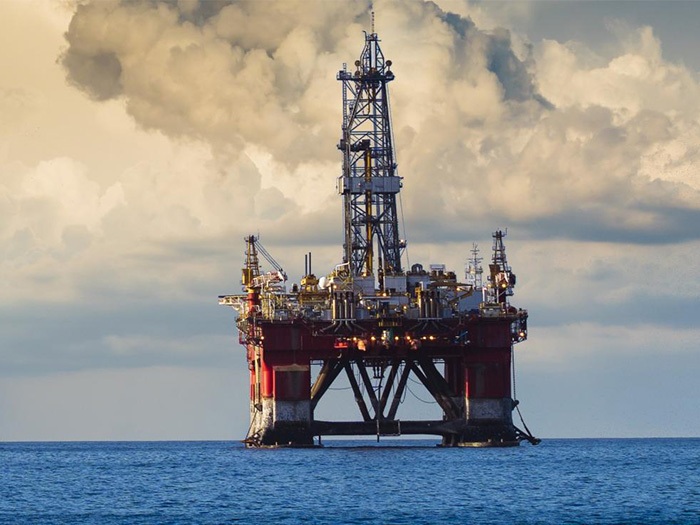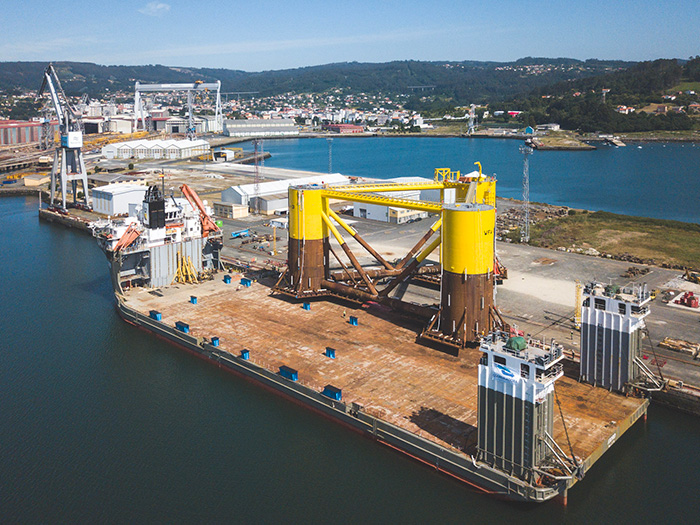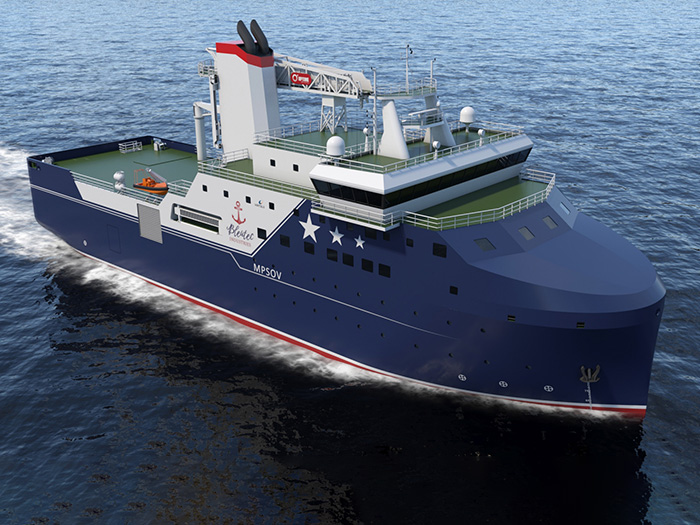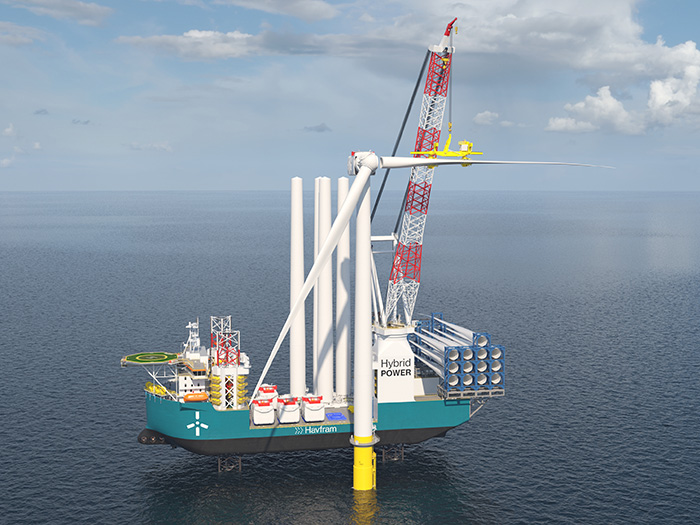


Netherlands based specialist in offshore and marine transportation field ‘ALP Maritime Services’ has been selected by ‘TJJV’, to provide a spread of five vessels related to the FLNG Project
ALP’s scope of work includes the towage operation from South Korea to Offshore Mozambique, by three of ALP’s 300ts Bollard Pull ALP FUTURE class vessels.
On arrival at the offshore site, the three ALP FUTURE class vessels with 24,400 BHP will be joined by two additional vessels from the company’s 19,000 BHP fleet.
Together, the vessels will keep the giant 432m long and 66 m wide CORAL SUL FLNG accurately in position, while a mooring vessel connects the pre-laid mooring chains to the FLNG.
On completion of the mooring operation, two of the five ALP-vessels will continue to support further operations on site.
FLNG was launched last month and will be the first floating production plant to be installed in Mozambique and on the African East Coast.
The FLNG is part of the Coral South project that will put in production 450 billion cubic meters of gas of the Coral reservoir, offshore Mozambique. The launch marks the timely progress of the project, which exceeds 60% completion and is in line with production start-up by 2022.
The hull is 432 meters long, 66 meters wide and weighs approximately 140,000 tons. Its eight-storey accommodation module, which will house up to 350 people, is also ready to be lifted and integrated with the hull system. Fabrication activities are also well underway for the 12 gas treatment and LNG modules, with all main equipment ready for integration and first deck stacking executed.
With a gas liquefaction capacity of 3.4 million tons per year (MTPA), the Coral Sul FLNG will be the first FLNG ever deployed in deep waters, at water depth of approximately 2,000 meters, and the first purpose-build FLNG in Africa. Drilling and completion activities for the six subsea wells that will feed the liquefaction unit are ongoing offshore Mozambique.





